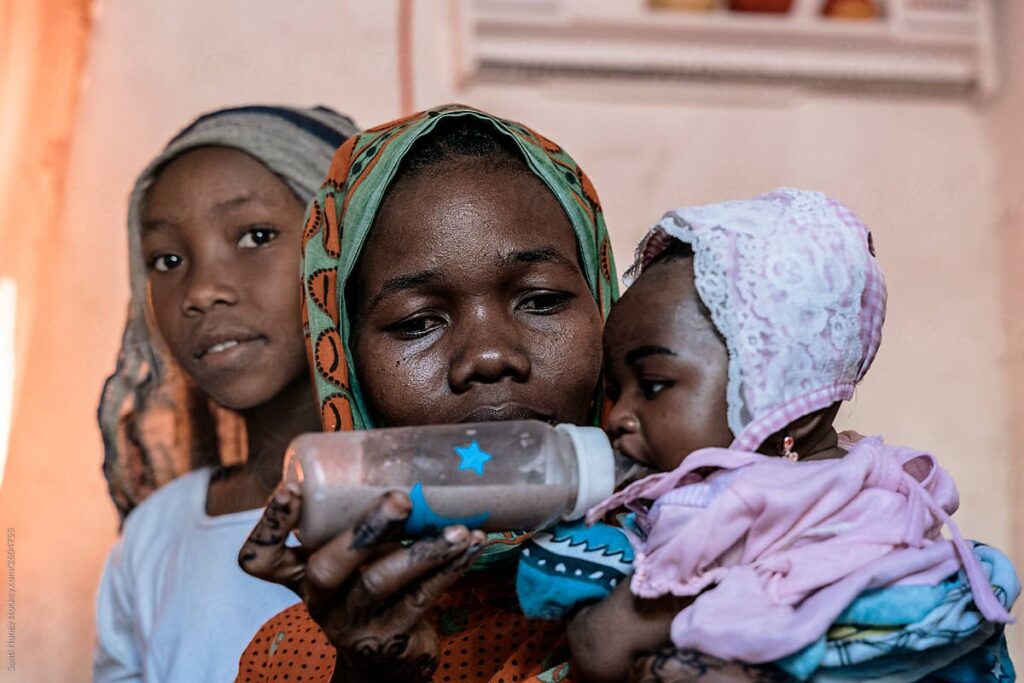Africa has taken a bold step toward eliminating mother-to-child transmission of HIV, syphilis, and hepatitis B by 2030 through the adoption of a comprehensive 12-point action plan. This commitment was made during a high-level ministerial conference attended by African Ministers of Health, civil society groups, and development partners. The plan sets out clear and measurable actions to protect the health of women and newborns across the continent.
Central to the plan is the development and implementation of costed national strategies with defined targets and timelines. Governments are urged to ensure that at least 95% of pregnant women receive quality antenatal care, including testing for HIV, syphilis, and hepatitis B in the first trimester. Additionally, countries are called upon to guarantee timely access to treatment such as benzathine penicillin for syphilis, lifelong antiretroviral therapy for HIV, and antiviral prophylaxis for hepatitis B.
To strengthen prevention, the action plan emphasizes the need to provide a timely birth dose of the hepatitis B vaccine to at least 95% of newborns, followed by the complete vaccination schedule by 2030. Ensuring a consistent supply of diagnostics, medications, and vaccines is also critical.
The integration of elimination efforts into maternal, newborn, and child health programmes is a core strategy, aimed at improving service efficiency and continuity of care. Surveillance and data systems will be scaled up to monitor progress and improve service delivery through real-time, disaggregated data reporting.
Addressing structural barriers such as stigma, gender inequality, poverty, and geographical challenges is a key priority. The plan also highlights the importance of civil society and community engagement in shaping and evaluating national programmes.
Continental institutions are tasked with advocating for political and financial support, establishing knowledge hubs, and strengthening regional monitoring systems. Additionally, local production of essential health commodities will be accelerated to boost access and affordability.
Development partners are expected to align their support with national plans, provide technical and financial resources, and foster mutual accountability through cross-country collaboration and adaptation of global best practices. This unified approach marks a significant milestone in Africa’s commitment to ending vertical transmission and safeguarding future generations.

